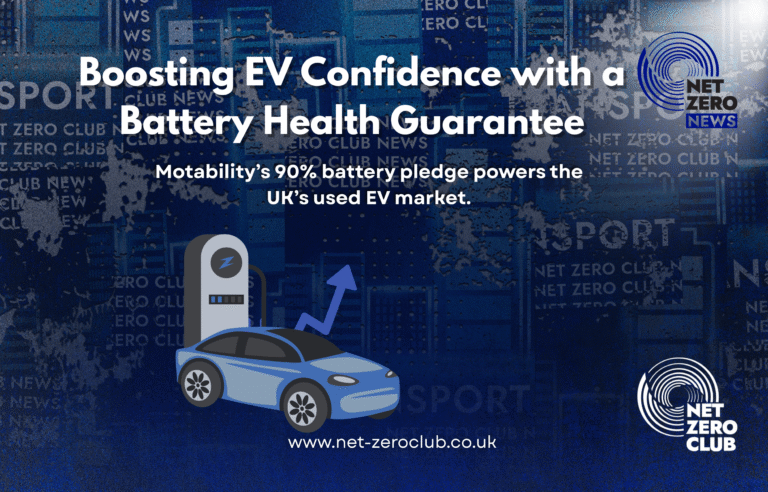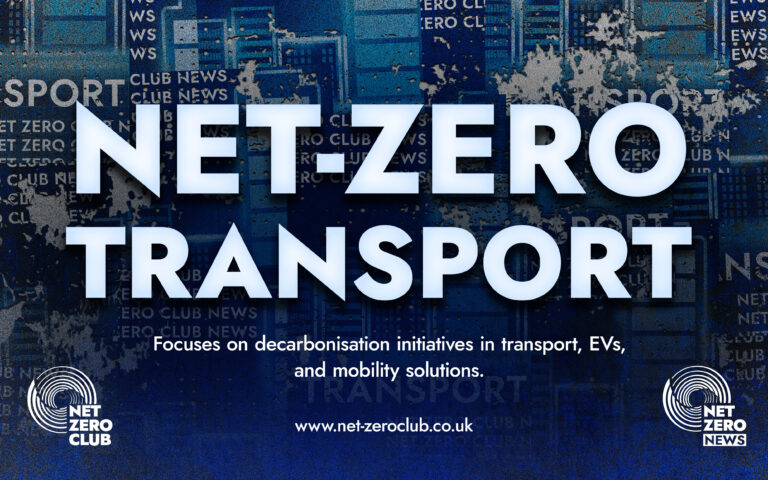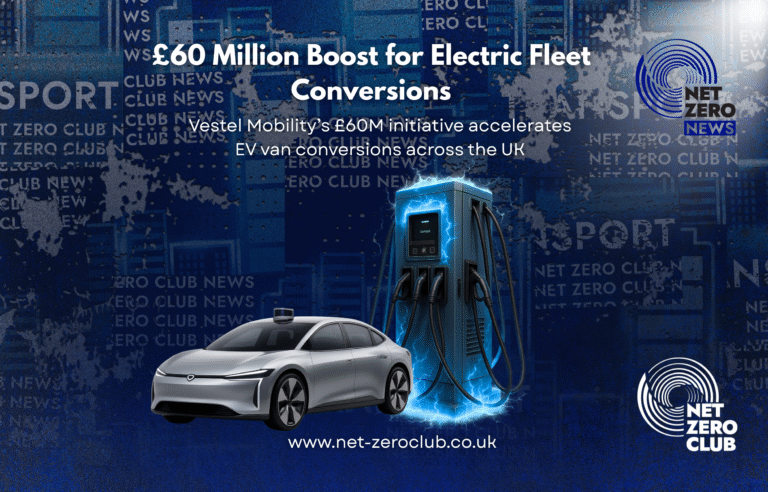UK Driving Habits Uncovered: Enterprise Mobility Research Insights

Greetings, Net Zero News Community,
In the ever-evolving landscape of transportation, recent insights from Enterprise Mobility’s second annual “On the Move” survey reveal that Britons are dramatically rethinking their commuting habits. As we strive for sustainability and efficiency in our daily lives, understanding these emerging trends is crucial for both individuals and businesses alike.
Shifting Attitudes Towards Commuting
It appears that nearly a quarter (23%) of employees in the UK who travel for work now favour the use of company or rental vehicles. This shift is largely motivated by a desire to mitigate the wear and tear on personal cars. With the pressures of commuting increasing, many professionals are seeking alternatives that not only preserve their personal vehicles but also provide a more streamlined travel experience.
Interestingly, commuting patterns are undergoing notable changes. One in five (21%) UK employees reported that they are travelling to the office more frequently this year compared to last. Additionally, 14% of those surveyed noted that their commute times have lengthened in comparison to 2024. Among those experiencing longer commutes, a significant 91% indicated that the increase was under an hour, with the average extension being approximately 14 minutes. However, a concerning 9% reported an increase in travel times exceeding one hour.
The rising costs associated with commuting are also having a profound impact on workers. As we move into 2025, commuters are on average spending an additional £507 per year to reach their workplaces. This financial burden is not lost on the workforce; 43% of respondents expressed that their commuting experience would significantly improve if costs were lower. Moreover, nearly a quarter (24%) of participants voiced a desire for a less stressful commuting experience, highlighting a call for change in how we approach daily travel.
The Rise of Electric Vehicles Among Younger Drivers
As we gaze into the future of transport, younger generations are taking the lead, particularly in the adoption of electrified vehicles. Generation Z and Millennials are driving the charge—quite literally—towards hybrid, plug-in hybrid, and fully electric models. Their motivations extend beyond mere environmental concerns; they are also drawn to the innovative driving experiences that these vehicles offer. Currently, 23% of Britons utilise a hybrid, plug-in, or electric vehicle as their primary mode of transport.
Interestingly, younger drivers demonstrate a higher propensity to drive electric vehicles compared to their older counterparts, with 10% of them opting for fully electric models and 8% choosing plug-in hybrids. Many of these younger drivers view electric vehicle ownership positively, with 56% stating that they find EVs enjoyable to drive, while 46% believe that they offer long-term affordability advantages.
Cautious Optimism Towards Autonomous Vehicles
While the enthusiasm for electric vehicles is palpable, attitudes towards autonomous vehicles (AVs) remain cautiously optimistic. Less than one in five UK drivers express a preference for high or full automation in their ideal vehicle. Notably, overall comfort with AVs has seen a slight decline, dropping five percentage points since 2024. Despite this, exposure to the technology is beginning to shift perceptions. Among those who have had the opportunity to ride in an autonomous vehicle, an impressive 91% reported that the experience either maintained or enhanced their positive feelings towards AV technology. This suggests that first-hand experience is crucial for fostering wider acceptance of autonomous driving.
Among the drivers who remain optimistic about AVs, 65% acknowledge the potential of this technology to facilitate travel for individuals who are unable to drive. Furthermore, 46% recognise that automation could transform commuting into valuable “me time,” allowing individuals to engage in other activities during their travel.
“Technology is clearly reshaping how people think about driving,” commented Ben Lawson, Vice President of Strategic Initiatives at Enterprise Mobility. “When drivers have the chance to try new technology for themselves—whether that’s assisted driving features or more advanced automation—they tend to feel more comfortable and confident.”
Conclusion: A Call to Embrace Change
As we navigate the complexities of modern commuting, it is evident that both attitudes and technologies are evolving. The findings from Enterprise Mobility’s “On the Move” survey provide a comprehensive overview of the changing landscape of UK driving habits. With rising costs, shifting preferences towards company and rental vehicles, and the increasing inclination towards electrified and autonomous vehicles, the road ahead is ripe with opportunities for innovation and improvement.
For those of us committed to achieving net-zero emissions and fostering sustainable transportation solutions, these insights serve as a vital reminder of the changes underway. Embracing new technologies and adapting our commuting habits are essential steps in our collective journey towards a more sustainable future.
For the complete results of the Enterprise Mobility “On the Move” mobility survey, click here.
The post Enterprise Mobility ‘On The Move’ research reveals UK driving habits appeared first on EV Fleet World.

 Got net-zero news, project updates, or product launches to share?
Got net-zero news, project updates, or product launches to share? 

